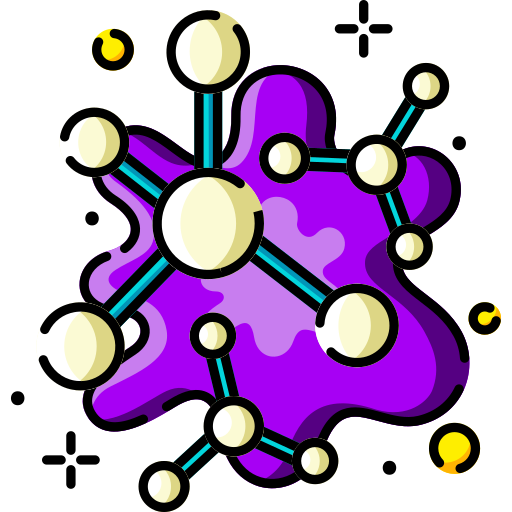Human Growth Hormone (HGH) therapy is a medical treatment that has gained popularity among women as a potential treatment for a variety of age-related conditions. Here are some key points to keep in mind if you are considering HGH therapy:
Benefits of HGH therapy for women:
- Increased muscle mass and strength: HGH therapy can help to build and maintain muscle mass, leading to a leaner and more toned physique. This can improve overall physical function and reduce the risk of age-related diseases such as osteoporosis.
- Reduced body fat: HGH therapy can help to decrease body fat, particularly in the abdominal area, leading to a more defined and muscular appearance.
- Improved skin elasticity: HGH therapy can help to improve skin elasticity and reduce the appearance of wrinkles and fine lines, giving women a more youthful appearance.
- Improved energy levels and mood: HGH therapy has been shown to improve energy levels, mood, and cognitive function, helping women to feel more alert, focused, and motivated.
- Improved bone density: HGH therapy can help to improve bone density, reducing the risk of osteoporosis and fractures.
- Improved sexual function and libido: HGH therapy can help to improve sexual function and libido in women, which can be particularly beneficial for those experiencing age-related declines in these areas.
Risks of HGH therapy for women:
- Fluid retention: HGH therapy can cause fluid retention, which can lead to swelling and discomfort in the hands and feet.
- Joint pain: HGH therapy can cause joint pain and stiffness, particularly in the hands and wrists.
- Carpal tunnel syndrome: HGH therapy can increase the risk of carpal tunnel syndrome, which can cause numbness and tingling in the hands and fingers.
- Increased risk of certain cancers: Some studies have suggested that HGH therapy may increase the risk of certain cancers, particularly breast cancer.
- Expensive: HGH therapy can be expensive, with costs ranging from several hundred to several thousand dollars per month. This can make it inaccessible for many women, particularly those without insurance coverage or limited financial resources.
In conclusion, HGH therapy has the potential to offer a range of benefits for women seeking to improve their physical and mental well-being. However, it should only be considered after careful evaluation and under the guidance of a qualified healthcare provider, and should be complemented by a healthy lifestyle and regular medical check-ups. It’s also important to be aware of the potential risks associated with HGH therapy and to weigh these against the potential benefits before making a decision.


